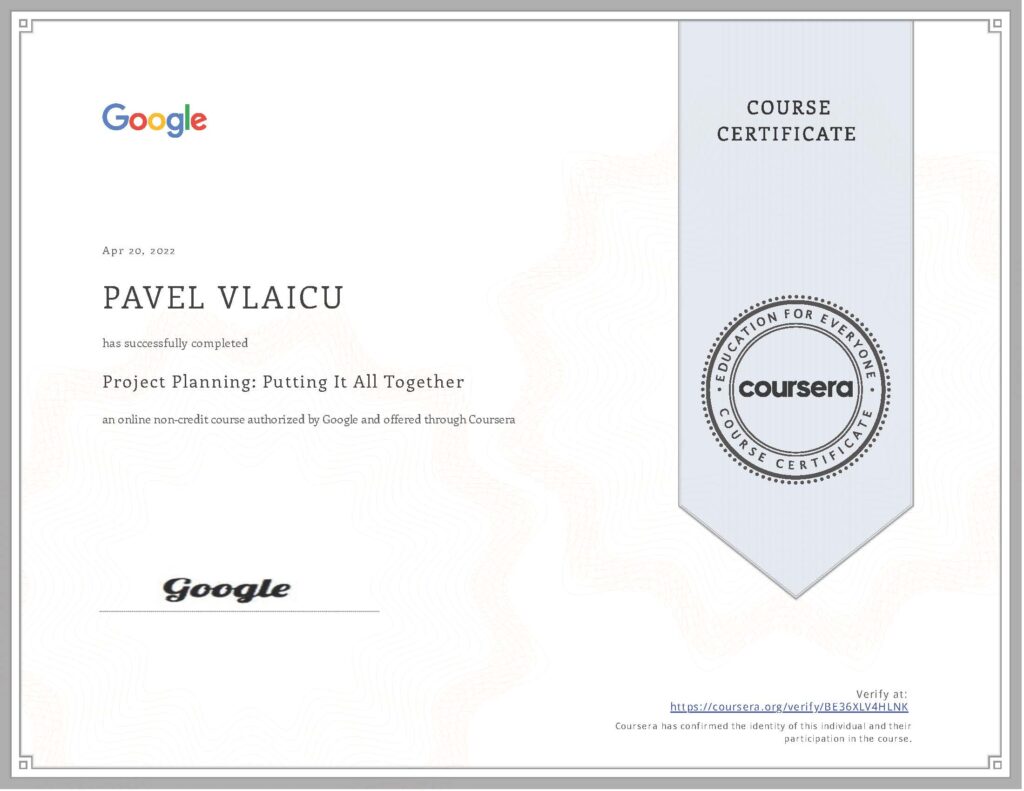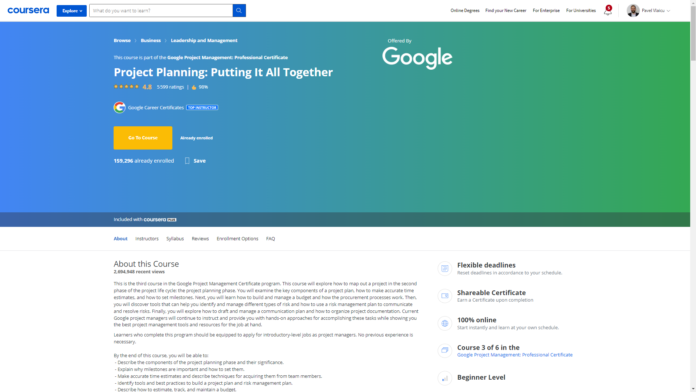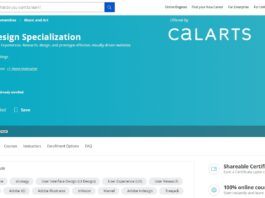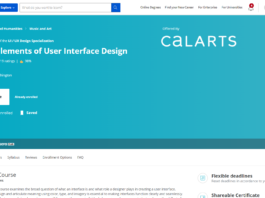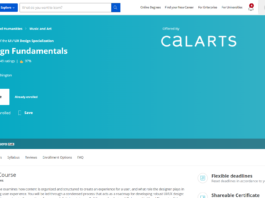About this Course
This is the third course in the Google Project Management Certificate program. This course will explore how to map out a project in the second phase of the project life cycle: the project planning phase. You will examine the key components of a project plan, how to make accurate time estimates, and how to set milestones. Next, you will learn how to build and manage a budget and how the procurement processes work. Then, you will discover tools that can help you identify and manage different types of risk and how to use a risk management plan to communicate and resolve risks. Finally, you will explore how to draft and manage a communication plan and how to organize project documentation. Current Google project managers will continue to instruct and provide you with hands-on approaches for accomplishing these tasks while showing you the best project management tools and resources for the job at hand.
Learners who complete this program should be equipped to apply for introductory-level jobs as project managers. No previous experience is necessary.
By the end of this course, you will be able to:
– Describe the components of the project planning phase and their significance.
– Explain why milestones are important and how to set them.
– Make accurate time estimates and describe techniques for acquiring them from team members.
– Identify tools and best practices to build a project plan and risk management plan.
– Describe how to estimate, track, and maintain a budget.
– Explain the procurement process and identify key procurement documentation.
– Draft a communication plan and explain how to manage it.
– Explain why milestones are important and how to set them.
– Explain why a project plan is necessary and what components it contains.
– Make accurate time estimates and describe techniques for acquiring them from team members.
What you will learn
Describe the components of the project planning phase and their significance.
Identify tools and best practices to build a project plan and risk management plan.
Describe how to estimate, track, and maintain a budget.
Draft a communication plan and explain how to manage it.
Skills you will gain
Project Planning
Strategic Thinking
Risk Management
Task Estimation
Procurement
Instructor
Google Career Certificates
Offered by
Google Career Certificates are part of Grow with Google, an initiative that draws on Google’s 20-year history of building products, platforms, and services that help people and businesses grow. Through programs like these, we aim to help everyone– those who make up the workforce of today and the students who will drive the workforce of tomorrow – access the best of Google’s training and tools to grow their skills, careers, and businesses.
Syllabus – What you will learn from this course
Week 1
Beginning the planning phase
You will learn how the course is structured, the benefits of planning and key components of the planning phase, the difference between tasks and milestones, and how to set milestones.
Week 2
Building a project plan
You will learn why a project plan is necessary and what components it contains, how to create accurate time estimates and why they are important, and which tools and best practices to use to build a project plan.
Week 3
Managing budgeting and procurement
You will learn what the components of a project budget are, how the budgeting process works, and how to manage a project budget. You will also explore how the procurement process works, what documentation is necessary, and how to obtain support and avoid ethical conflicts during the process.
Week 4
Managing risks effectively
You will learn what risk management is and how it can help prevent project failure, what tools can help identify and manage risks, how to identify different types of risks and measure their impact on a project, and how to use a risk management plan to communicate and resolve risks.
Week 5
Organizing communication and documentation
You will learn the elements of a simple communication plan and how to draft and manage one, why documentation helps create project team visibility and accountability, how to organize documents in one central place, and how to prepare for a job search by documenting experience and highlighting transferable skills.
